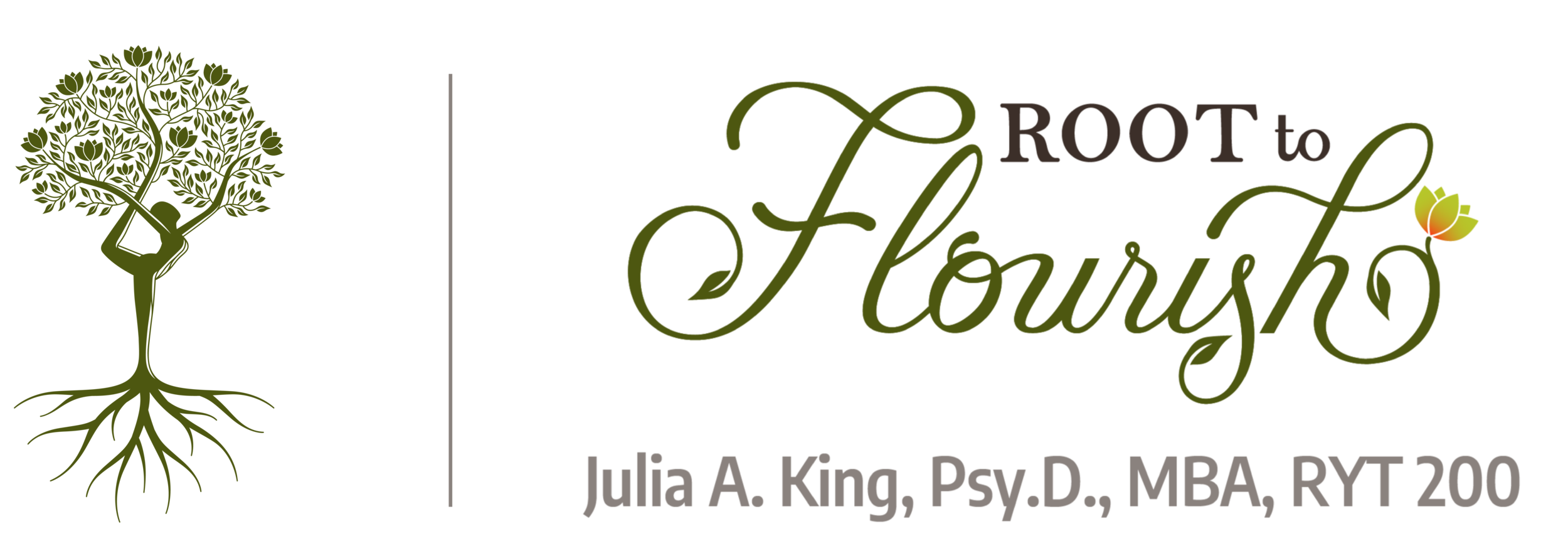Where can happiness be found? (A ‘Real Life Fantasy’ post)
It’s not as simple as ‘choosing joy’ in order to be happy. Choosing to be happy is difficult. Because it’s not just one choice. It’s a multitude of consistent choices repeated over time.
This is a ‘Real Life Fantasy’ post, a monthly blog post feature where lessons from fantasy stories translate into wisdom in real life. Please note: These posts may contain spoilers
We are returning to Harry Potter for inspiration this month.
While I’m (with rare exception) partial to the book version over the film version, our quote this month is not in the book, but can only be found in the screenplay of ‘Harry Potter and the Prisoner of Azkaban.’
Let’s reflect on Albus Dumbledore’s quote:
“Happiness can be found, even in the darkest of times, if one only remembers to turn on the light.”
Lessons on happiness as instructed by Professor Dumbledore:
Yes, the quote is simplistic …. and sappy … and yet …
It makes reference to the notion that we can find happiness “even in the darkest of times.”
This is an extremely important point.
We often wait to be happy, don’t we? (“Once I get all this stuff done, then I can relax …” or “I’ll be happy when I’m married, after I’ve had a baby, once I’ve completed my degree, after I lose 10 pounds …”
Or, we assume we can’t be happy, or simply don’t make the effort, because things are difficult. Our self-care is very often the first thing we neglect on a list of tasks, a list of things we deem more important than ourselves…
But, Dumbledore is right: We can be happy, even in the darkest of times.
Because, as we discussed last week in Practicing Happiness, happiness can be a fleeting emotion … but it is also the blue sky, even on a cloudy day, Rather than it being a "magic moment,” it, when practiced, becomes a way of being.
But it takes effort.
We must remember to turn on the light.
Happiness doesn’t just occur. Sure, some people are naturally happy … but not most.
A large percentage of our happiness is genetically determined; we therefore have a genetic set point, a baseline, if will, for our happiness. Our external circumstances can affect our happiness, but when those situations shift, change, and fade, we return to our baseline.
Unless we practice happiness. Unless we remember to turn on the light.
Mindfulness turns it on.
As does gratitude.
Identifying and challenging negative thoughts turns on the light.
Staying active, and choosing meaningful activities that fit our personality and interests, are also light bringing, fending off the dark.
When we engage in such activities we can shift our genetic set point.
But, it’s not easy…
We have power.
When I use the phrase “choose joy,” I use it to empower, not to blame.
In the blaming sense, this phrase could be interpreted to mean that if you’re unhappy, it’s your fault.
But, in the empowering sense, in the way I encourage you to consider it, it suggests that your thoughts and your behaviors significantly impact your feelings … and that your thoughts and behaviors can be shifted and changed to be more in line with happiness and joy.
It’s also not as simple as ‘choosing joy’ in order to be happy.
Choosing to be happy is difficult. Because it’s not just one choice. It’s a multitude of consistent choices repeated over time.
And, when I say repeated, I mean repeated … as in, thousands of times.
But, when we begin to engage in the practices that facilitate happiness, we choose joy. When we choose them again, we choose joy. When we - over and over and over - try to do something a different way, we choose joy … and we change our brain in the process, making it easier to continue to choose joy.
We can challenge and reframe our negative thoughts to change how we feel.
We can choose to take on challenges rather than avoid discomfort.
And, when we make such choices - small, but oh so mighty, choices - we evoke the power of the light … even in the darkest of times.
So … where can happiness be found? From within. And, in your choices.
As, the Dalai Lama teaches: “Happiness is not something ready-made. It comes from your own actions.”

